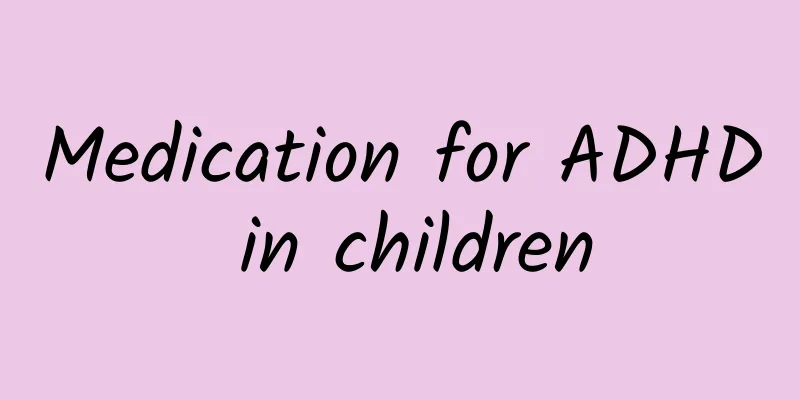How to treat mild breast milk diarrhea

|
How to treat mild breast milk diarrhea? When infants and young children are sick, parents are the most worried. Although breast milk diarrhea is a common disease in babies, if the diarrhea lasts too long and the baby does not receive timely treatment, the child's growth and development will be affected. So, how to treat mild breast milk diarrhea? There are generally two main reasons why babies suffer from this disease: the first is that the breast milk that the baby drinks may contain a high level of prostaglandins, which promote the movement of small intestinal smooth muscles, increase the secretion of water and electrolytes, and produce loose stools. The second is that the baby may be lactose intolerant and lack lactase in the body. These two reasons cause breast milk diarrhea, which we also call physiological breast milk diarrhea. In fact, breast milk diarrhea has obvious characteristics. This type of diarrhea usually causes 3-7 bowel movements a day. The stool is foamy and watery, has a special sour smell, is watery and slightly green, has foam and milk curds, and sometimes even has strips of transparent mucus. There is no fever during diarrhea, the baby does not have obvious pain or crying, the stool test shows no abnormal infection, the degree of diarrhea generally has no other symptoms, the baby is lively and has a good appetite, and although the diarrhea lasts for a long time, the weight gain is about 300 every 10 days, and it is protracted and unhealed. Generally, mild physiological diarrhea does not require treatment, and breastfeeding can continue. In this way, the baby's body will gradually adapt to the prostaglandins in breast milk, and the lactase will gradually mature, the activity of the enzyme will increase, and it will gradually be able to decompose, digest and absorb lactose, and gradually improve with the addition of complementary food. In terms of diet, you can feed 100 ml of fresh soy milk plus 5 grams of glucose instead of milk, and physiological diarrhea can be controlled. Soy milk feeding should not be used alone for a long time, and fish protein should be added gradually. The specific method is to use 180 ml of rice soup to mix 5 grams of fish protein. Generally, infants can be fed 3 times a day. In addition, it is also necessary to pay attention to the child not to cover the nipple. After each breast is basically empty, if you continue to suck, the fat content in the milk will increase, which is easy to cause fat indigestion. It is recommended to suck when you want to suck, and stop when you don’t want to suck. Each time for about 10 minutes, the full breast can be basically sucked empty. Mothers should also pay attention to not eating too greasy food in their daily life. |
<<: Recommendations for the prevention and treatment of breast milk diarrhea in the community
>>: There are some tips to prevent breast milk diarrhea
Recommend
How to prevent pneumonia in children? Parents should learn three methods to prevent pneumonia in children.
The incidence of pneumonia in children is very hi...
What are the symptoms of mumps in children
The main symptoms of mumps in children include sw...
Kawasaki disease should be prevented and treated comprehensively
Kawasaki disease should be comprehensively preven...
Symptoms of Tourette Syndrome
Tics, also known as Tourette syndrome, is a neuro...
What are the treatment principles for patent ductus arteriosus in newborns?
The treatment principles for patent ductus arteri...
TCM Diagnosis of Diarrhea in Children
With the arrival of summer, all kinds of cold foo...
Nighttime emergency spray for acute laryngitis in children
To treat acute laryngitis in children at night, y...
How to treat allergic cough in children? What medicine is good for allergic cough in children?
The most important thing for children with allerg...
What are the symptoms of cold in children
Children's colds generally refer to children&...
What to do if children have allergic rhinitis and cough
If children have allergic rhinitis or cough, they...
5 Auxiliary Examinations for ADHD
Children with ADHD will affect their normal devel...
What are the nursing measures for acute laryngitis in children?
Every child is a treasure in the palm of his or h...
What to do if the baby can't cough up phlegm? How to treat if the baby can't cough up phlegm?
Babies may experience various uncomfortable sympt...
What is the diagnosis of jaundice?
Neonatal jaundice is a common physiological pheno...
Is the treatment of eczema in children expensive?
Childhood eczema has a very serious impact on our...









